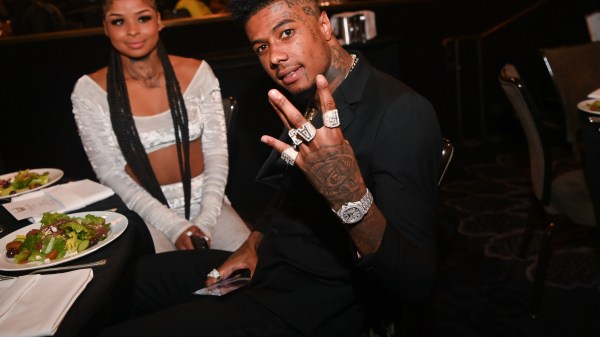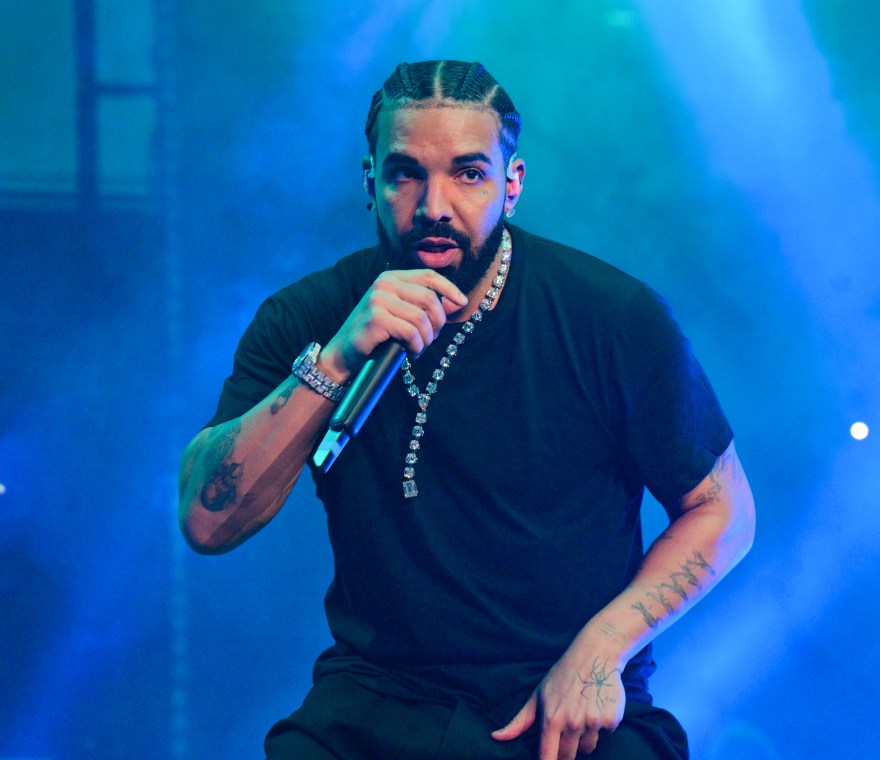Videos by According2HipHop
Rapper RBX has filed a federal class-action lawsuit accusing Spotify of knowingly allowing fraudulent streaming activity that allegedly inflated the success of songs by superstar Drake — and, in turn, harmed other artists.
Filed Sunday in the U.S. District Court for the Central District of California, the suit lists RBX both individually and “on behalf of the general public similarly situated.” It claims that, between January 2022 and September 2025, Drake’s music received “billions of fraudulent streams” on Spotify through fake users and bot activity.
According to the complaint, Spotify financially benefited from those artificial plays by increasing its user metrics — including fake accounts — which allegedly helped boost advertising revenue, profits, and shareholder value.
The suit argues that the alleged bot-driven stream inflation diluted royalty payments for legitimate artists, writers, producers, and rights holders, who were paid a smaller share of the revenue pool as a result.
Notably, the lawsuit does not accuse Drake of any criminal wrongdoing. Representatives for Drake did not immediately respond to requests for comment.
Spotify’s royalty system pays artists based on their percentage share of total monthly streams. Fraudulent streams can skew that formula, allowing one artist to receive a larger payout at the expense of others. Drake, whose legal name is Aubrey Drake Graham, is currently one of Spotify’s most-streamed artists with nearly 81 million monthly listeners.
Spotify has recently introduced new policies to curb artificial streaming and “third-party services that guarantee streams,” but RBX’s suit claims the company failed to prevent the alleged fraud.
While the lawsuit does not specify an exact dollar amount in damages, it estimates that rights holders collectively lost “hundreds of millions of dollars.”
A Spotify spokesperson said the company could not comment on pending litigation but stated:
“Spotify in no way benefits from the industry-wide challenge of artificial streaming. We heavily invest in best-in-class systems to combat it and safeguard artist payouts through protections such as removing fake streams, withholding royalties, and issuing penalties.”





















